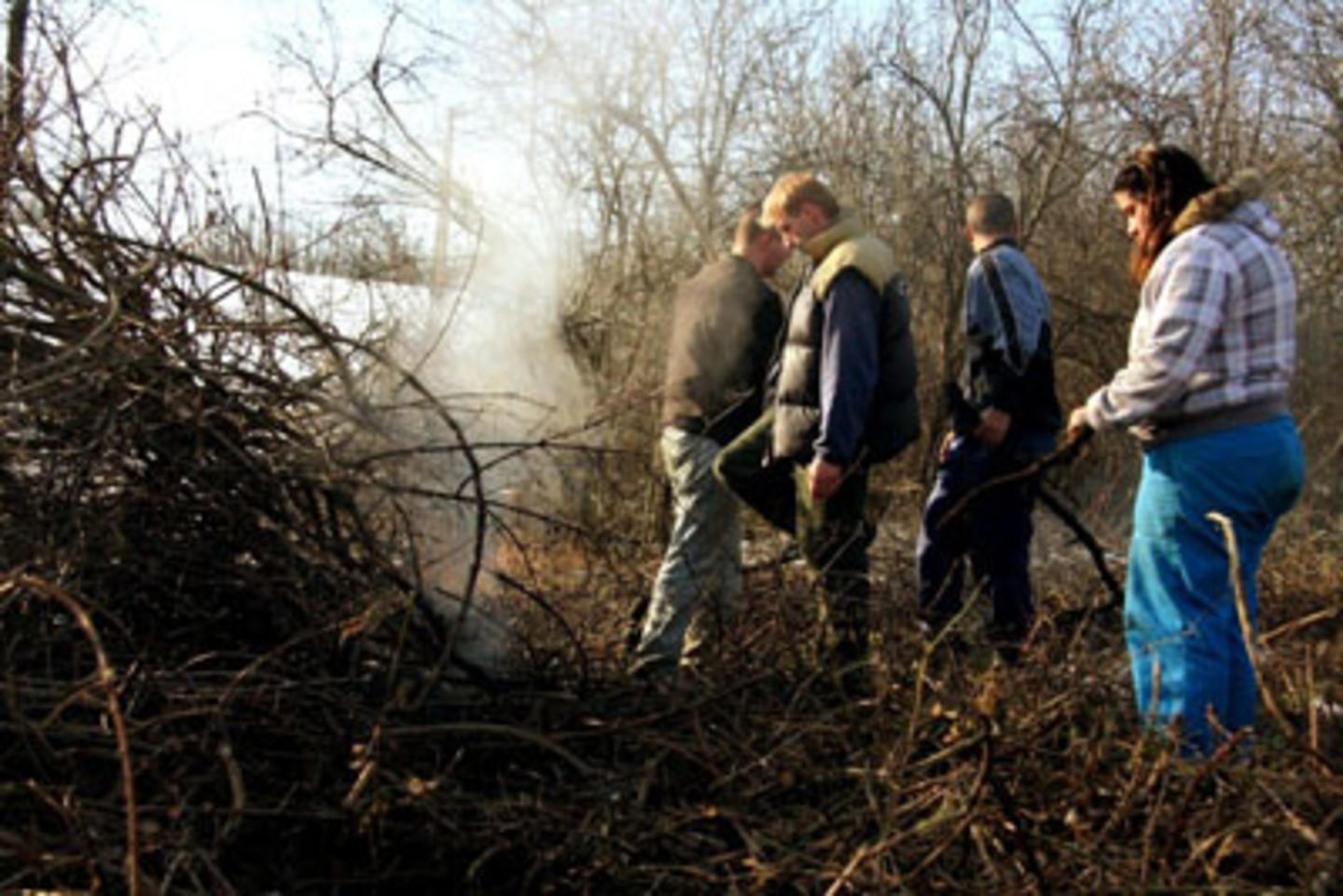The Diótörés Foundation offers healthcare, drug addiction rehabilitation and work training to drug addicts between the ages of 18 and 35. Patients stay at the Foundation's "Nut Tree" treatment centre, where the Foundation employs 2 psychologists, 4 doctors, 4 nurses and 1 person responsible for work rehabilitation.
The Foundation faced difficulties alongside the economic recession in 2009. Grant support from the EEA and Norway Grants proved invaluable to keeping the outreach programme afloat. According to Project Manager Gabriella Csépányi, the 100 to 150 young drug addicts receiving treatment at the Foundation would be back at the streets without the new financing. "Thanks to the support from the EEA and Norway Grants we're not only able to continue our work, we're also expanding. We are training personnel in treatment methods, expanding the 'Nut Tree' treatment centre in Lulla and refurbishing one building in Budapest."
The patients undergoing rehabilitation stay the Foundation's "Nut Tree" centre for a period of between a few months and 5 years. "Most of our residents have lived in state care institutions for a long period of time. Their life has evolved around drugs, crimes and prostitution. They don't know how to interact with other people without drugs, and that's what we are trying to change," explains Tamas Szilagyu, Manager of the "Nut Tree" centre.
Each resident at the centre have to contribute to the running of the place, including cleaning and feeding the animals, chopping wood and preparing the meals. Szilagyi says the rule is simple: "You don't help, you don’t stay".
"Our aim is to aid young people who have several disadvantages, who through the lack of comprehensive state welfare networks face lifelong homelessness and marginalisation. We want to help them escape the circle of deprivation and we can help them with this," says Szilagyi.
Photo: Guri M. Smenes, Royal Norwegian Embassy, Budapest.
